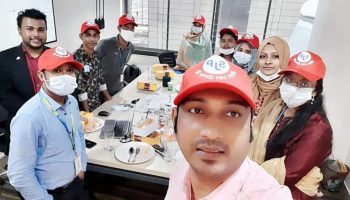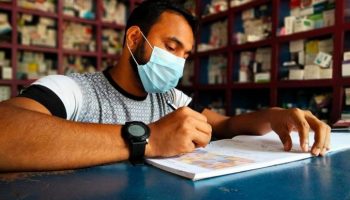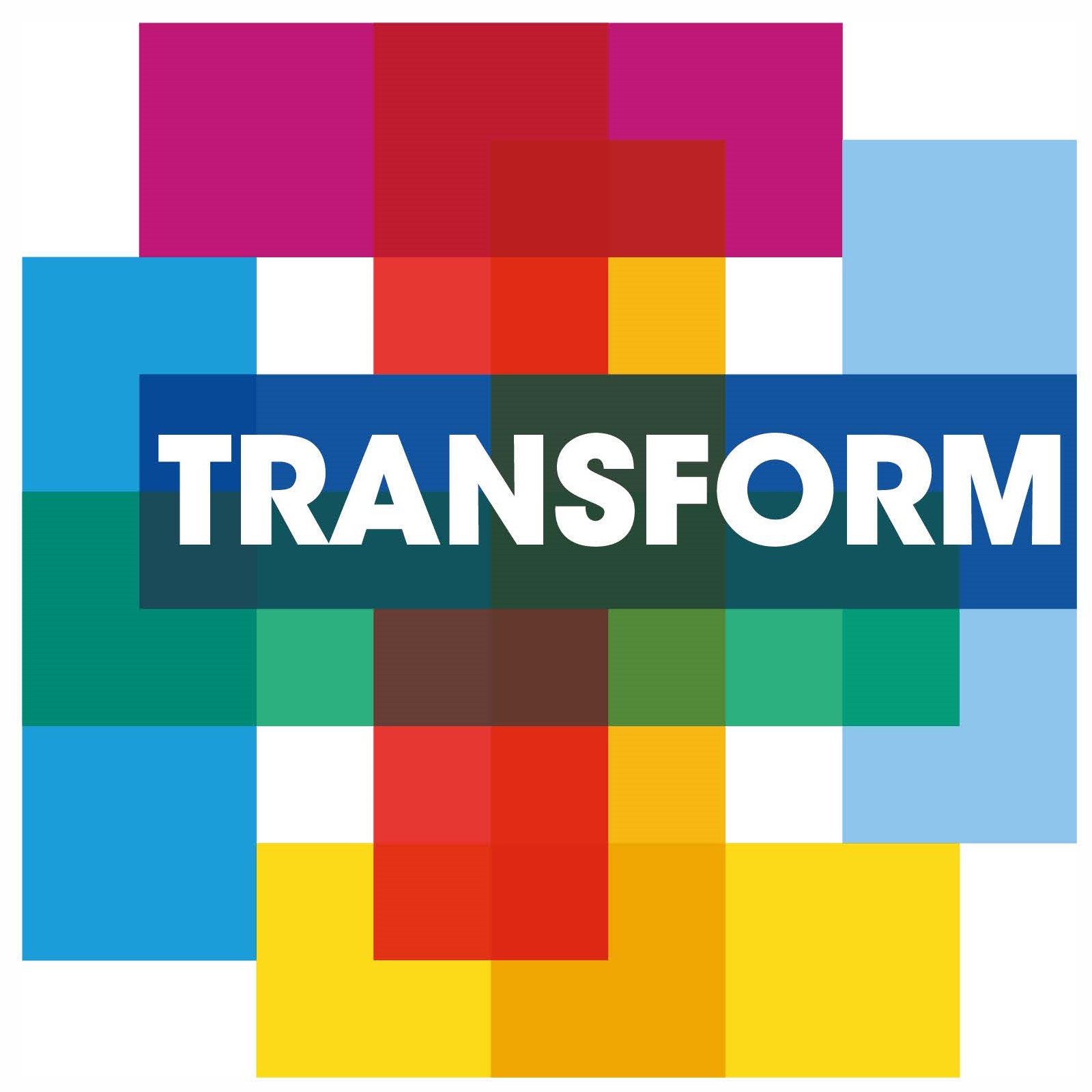Portfolio Learnings: How SWEEP is providing safe disposal of faecal waste in urban Bangladesh
Published on: 11/12/2020
As part of our Portfolio Learnings series, we take a look at the work of SWEEP, which has been enabling access to affordable and sustainable faecal sludge emptying services in urban Bangladesh since 2015.
The public-private partnership was created by Water & Sanitation for the Urban Poor (WSUP) to meet the needs of millions of residents who lack both access to adequate sanitation facilities, and the safe disposal and treatment of faecal waste.
SWEEP enables residents to pay for a vacuum tanker to empty their septic tanks and have the waste taken away for treatment through a partnership between city authorities and private enterprises.
To increase demand for these services, SWEEP leveraged TRANSFORM’s expertise to test innovative marketing and sales strategies, targeted at low-income households in cities in Bangladesh.
Sales and marketing pilot
With TRANSFORM’s support, the sales and marketing pilot was deployed in Jalalabad in Chattogram, home to almost 70,000 low-income residents. WSUP partnered with one of the enterprises operating the SWEEP service, Chattogram Seba Shangstha (CSS), to help implement the new strategies.
With the revised sales and marketing strategy, WSUP looked to address several key areas and produced several learnings:
- The most effective and cost-efficient sales channels: Brand Promoters were more successful in generating significant volumes of customer leads, but its Retail Agents achieved a higher conversion rate, as many customers who approached Retail Agents had also engaged previously with Brand Promoters. So, while crucial for awareness raising, customers preferred to speak with a more familiar contact to make a purchase.
- The most engaging marketing material formats: Door-to-door (D2D) brand promotion played an important role in raising awareness and branded uniforms made the promoters appear more credible. Also, low literacy levels meant customers preferred visual graphics and brochures that depicted what to expect from the service.
- Customer interest in incentivising first interactions: Air-fresheners received a positive response as free gifts, making it easier for D2D brand promoters to ask for prospects’ time to listen to a pitch. Customers were not interested in the concept of a “free pit assessment” if their pits were not yet visibly full, and was considered too disruptive otherwise.
- The potential for referral incentives: Despite referral coupons with the opportunity to receive cash, no referrals were made by customers. The conclusion was that the referral programme may have been badly communicated during sales training or simply not prioritised in conversations with the customer.
- The impact of performance-based commission on productivity: Performance-related bonuses seemed to have little impact on the drive and productivity of D2D promoters. This revealed the difficulty in recruiting independent staff with the necessary drive, charisma and resilience. The approach could also be optimised by demonstrating the tankers in action and deploying promoters to the area to answer questions from nearby potential customers.
TRANSFORM also supported WSUP to develop a blueprint for a replication model, allowing the project to be adopted by enterprises and city corporations in other cities. The partnership also enabled the creation of reusable marketing materials, which will be made available to SWEEP enterprises across Bangladesh.
Results and next steps
During the eight weeks of the pilot, SWEEP served over 160,000 individuals, with 41,600 at the Base of the Pyramid (BoP). SWEEP enterprises earned more than £22,000, with a net profit of over £3,800.
With TRANSFORM’s support, the project helped WSUP achieve greater clarity and understanding in enabling its model to enter the scale phase. Its target is to see 1.2 million people directly benefit from SWEEP by 2025, along with a change in the ecosystem within the sanitation sector.
This goal is aligned with the TRANSFORM pillar of Sanitation and Hygiene, whose aim is to develop sustainable sanitation solutions for the underserved by improving marketing and demand creation. For more details on TRANSFORM’s projects, please visit our portfolio.
-
 Insights
Insights
Related impact stories
- Providing safe water to urban slum communities

 ActiveSJP provides affordable sanitation and water facilities to underserved and low-income communities in Dhaka’s slums.Equipping pharmacies as COVID-19 first-responders
ActiveSJP provides affordable sanitation and water facilities to underserved and low-income communities in Dhaka’s slums.Equipping pharmacies as COVID-19 first-responders
 ActiveJeeon supported 15,000+ pharmacies with the knowledge, information and equipment needed to play their part in tackling COVID-19.
ActiveJeeon supported 15,000+ pharmacies with the knowledge, information and equipment needed to play their part in tackling COVID-19.


